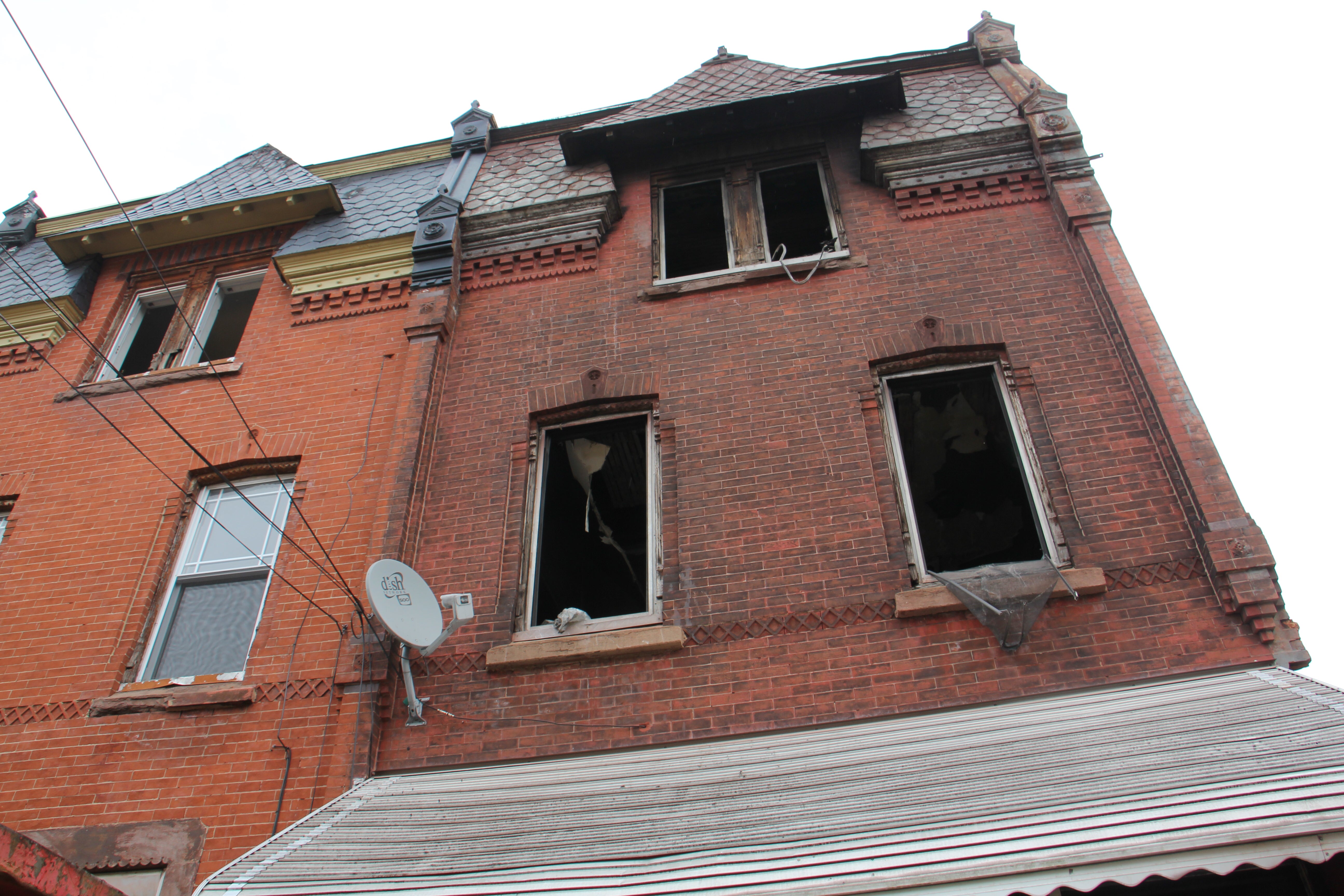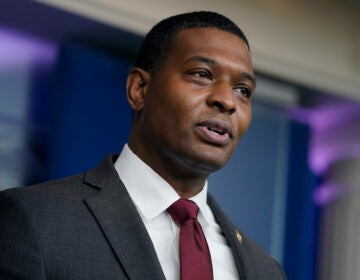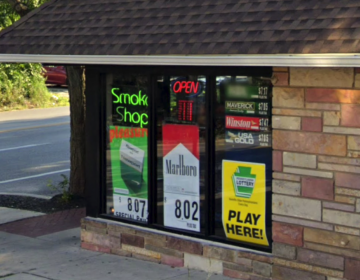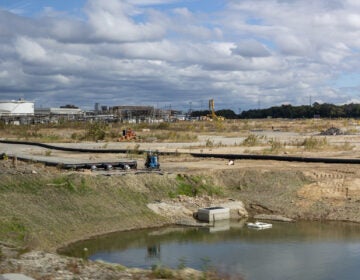City Council considering fire code upgrade that could affect all rental properties

There is an old saying that fire codes are written in blood. Reform only comes after a tragic and deadly accident.
That’s what’s happening in Philadelphia City Hall right now. Three months after a North Philly family perished in a rooming house fire, Council President Darrell Clarke and other city officials want to see all such shared dwellings in the city equipped with hardwired electric smoke detectors. The new equipment would replace cheaper but less reliable battery powered alarms that are now common.
The proposed regulation, co-sponsored by Clarke and Councilwoman Cindy Bass, would bring rooming houses in line with the requirements for apartment building owners. It is the first of several bills related to the controversial mode of affordable, multi-family housing that council expects to review in the coming weeks and months.
“There will be a series of recommendations that find its way into legislation, and this is the first one regulating rooming houses,” said Clarke, who co-sponsored the legislation with Councilmember Cindy Bass. “[This is] so we don’t have to worry about batteries dying or people just not having appropriately placed fire detectors in these rooming homes.”
The anticipated bills are part of an effort by Licenses and Inspections Commissioner Dave Perri to push forward a dramatic rewrite of the zoning code aimed at making houses where multiple unrelated tenants share bathroom and kitchen facilities legal to operate in more of the city’s residential areas. Called “congregate living facilities” in city code, they provide a cheaper alternative to traditional apartments. While popular with people seeking low rents, neighborhood groups dominated by homeowners tend to object to their presence and support zoning that limits them from operating. As a result, they are difficult to operate legally in most residential sections of Philadelphia outside of Center City and University City.
In an interview, Clarke did not indicate whether he would support rezoning measures, saying only that Perri has “interesting ideas.”
He was more forthcoming when asked about the broader public’s receptivity to the proposed rooming house overhaul.
“There will always be pushback on something,” said Clarke. “We don’t like change in the city of Philadelphia. But so far there’s been a positive responsive from responsible landlords and pertinent people in the industry.”
First rooming houses, then all rentals
To Perri, the new bill is a step towards pushing for hardwired smoke detector systems in all rental residences. Perri says studies show that fire deaths could fall by two-thirds if hard-wired smoke detector systems were installed in all properties. For a two-story home with a basement, the cost of installation would be about $500.
“Ultimately I would love to see hardwired interconnected alarms being put in all rental properties,” said Perri. “But that would probably take a couple years to get a coalition together and get all that done. But immediately we can get those types of fire alarm systems put into [rooming houses].”
So far, one landlord group has signaled support of the rooming house fire code upgrade, at least.
Harvey Spear, president of the landlord association HAPCO described hardwired smoke alarms as a “must” in an interview and signaled his support of a measure that would hold rooming houses up to the same fire safety standard as apartment buildings. He said that illegal landlords are his “biggest competitor.”
The rooming house that burned in North Philadelphia operated without a license from the city and experts say that most of the makeshift apartment buildings are operating outside the law. Only 82 have been legally established since 2006, but the Department of Licenses and Inspections investigates more than 500 possible off-the-books rooming houses every year.
With that reality in mind, Perri says the proposed regulation won’t do much good for rooming houses on its own. But he sees it as the first move towards changing the laws that surround a practical affordable housing option that’s been pushed into the shadows by a zoning code that favors costlier single-family housing
“We know this is the kick-off point,” said Perri in an interview with PlanPhilly. “Let’s get the smoke alarms in place and start this discussion going with the Planning Commission and interested councilpersons. Right now, we believe they are are operating underground, so they won’t come to the city [and follow city codes]…The way we have zoning set up now we are driving these places underground.”
WHYY is your source for fact-based, in-depth journalism and information. As a nonprofit organization, we rely on financial support from readers like you. Please give today.







